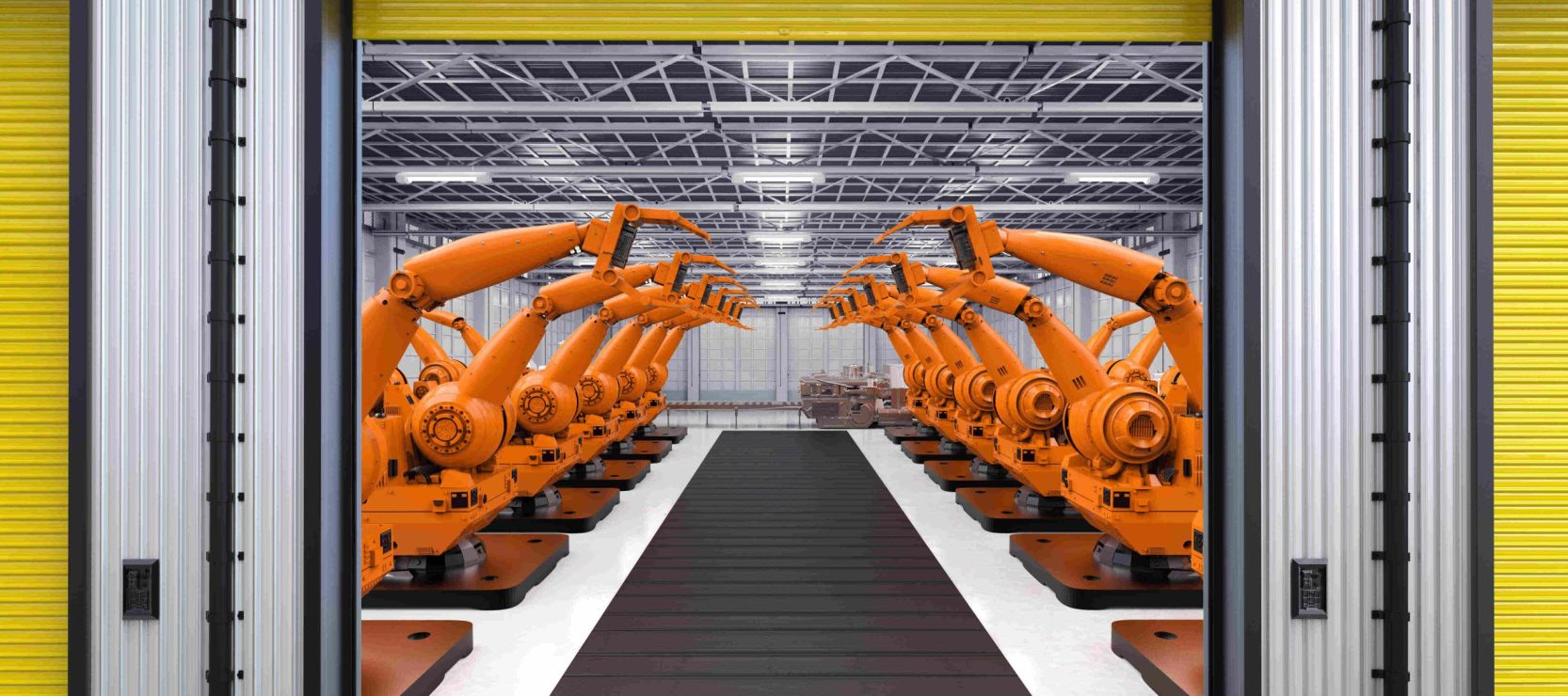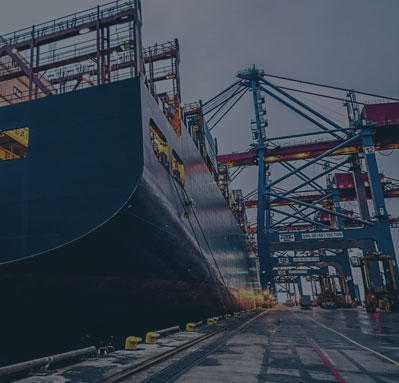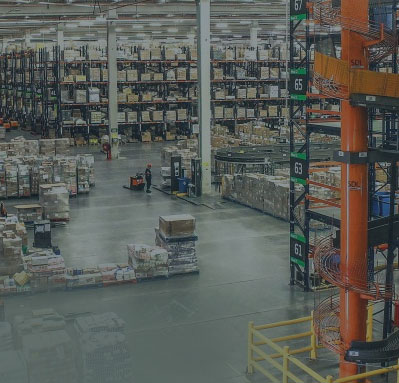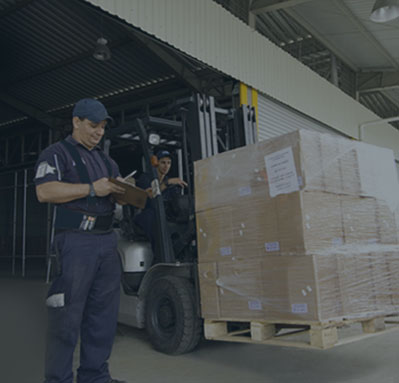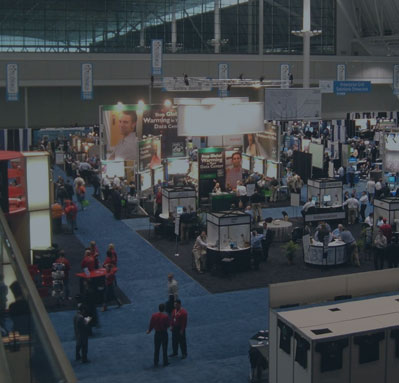In the rapidly evolving landscape of retail, the advent of automated fulfillment centers stands as a revolutionary stride towards efficiency and scalability. As we delve into the future of retail logistics, the role of these technologically advanced facilities cannot be overstated. They are not merely a trend but a fundamental shift in how products are stored, managed, and delivered. This exploration seeks to provide a comprehensive understanding of automated fulfillment centers, highlighting their impact, technological innovations, and the challenges they address in the retail sector.
The Genesis of Automated Fulfillment Centers
The retail industry has always been a fertile ground for innovation, driven by the ever-increasing demand for faster, more reliable delivery services. The genesis of automated fulfillment centers can be traced back to the need for overcoming the limitations of traditional warehouses, which are labor-intensive and prone to errors. These state-of-the-art centers leverage robotics, artificial intelligence (AI), and advanced data analytics to automate various processes, from inventory stocking and picking to packaging and shipping.
The transition to automated systems represents a significant leap from the conventional methods, offering unparalleled precision and efficiency. By automating repetitive tasks, businesses can significantly reduce labor costs and human error, ensuring a smoother, faster flow of goods to consumers.
The Heart of the Operation: Technology and Innovation
At the core of automated fulfillment centers lies a sophisticated blend of technologies. Robotics play a pivotal role, with autonomous robots performing tasks such as retrieving items from vast storage areas and transporting them for packing. These robots are designed to navigate complex environments, work around the clock, and handle a wide range of products with care and precision.
Artificial intelligence enhances the capabilities of these centers further. AI algorithms optimize inventory management, forecast demand, and streamline the order fulfillment process. Machine learning models continually improve these operations by analyzing data patterns, leading to more accurate predictions and efficient resource allocation.
Moreover, the integration of the Internet of Things (IoT) devices enables real-time tracking of inventory and equipment, ensuring that the entire operation runs smoothly. This connectivity not only boosts efficiency but also provides valuable insights into the supply chain, allowing for proactive adjustments and improvements.
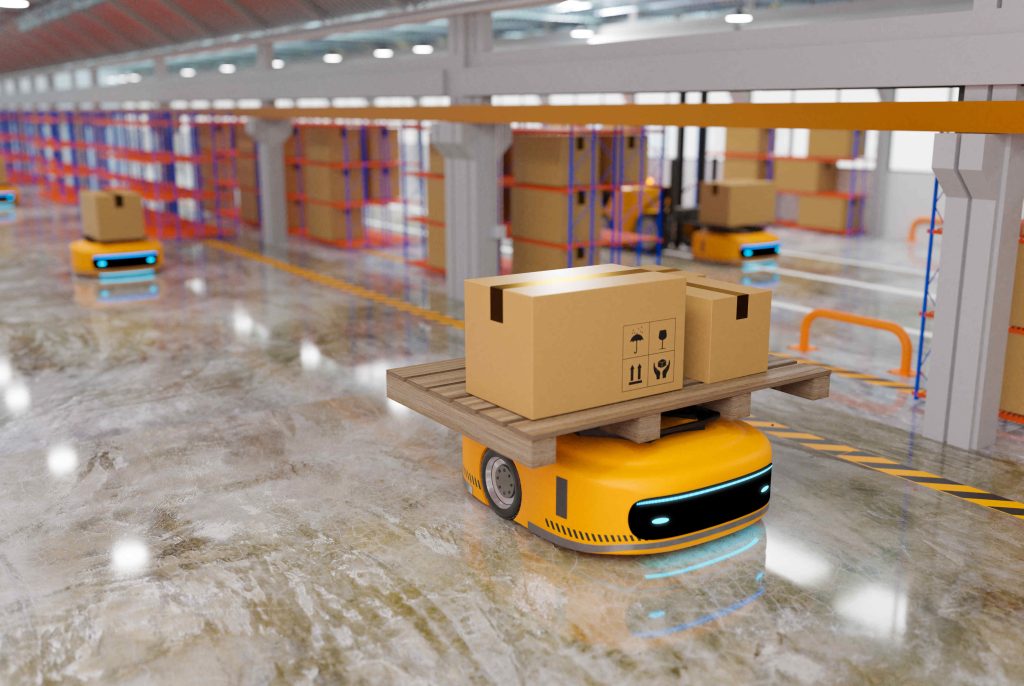
Transforming Retail Logistics: Impact and Advantages
The impact of automated fulfillment centers on retail logistics is profound. They offer a scalable solution to meet the growing e-commerce demand, allowing retailers to deliver products faster than ever before. This speed and efficiency have become critical competitive advantages in the online retail space, where consumers expect quick and reliable delivery services.
Beyond speed, these centers contribute to significant cost savings. Automation reduces the reliance on manual labor, which can lead to lower operational costs over time. Additionally, the precision and efficiency of automated systems minimize errors and waste, further enhancing profitability.
Another advantage is the flexibility and scalability that automated fulfillment centers provide. They can easily adjust to changing demand patterns, manage seasonal spikes without the need for extensive human resources, and support a business’s growth without the constraints of traditional fulfillment methods.
Navigating Challenges: Implementation and Beyond
Despite their numerous benefits, the implementation of automated fulfillment centers is not without challenges. The initial investment in technology and infrastructure can be substantial, making it a significant decision for businesses. There is also the need for skilled personnel to manage and maintain these sophisticated systems, requiring investments in training and development.
Moreover, as these centers rely heavily on technology, they are susceptible to cyber threats. Ensuring robust cybersecurity measures is essential to protect sensitive data and maintain the integrity of the logistics operation.
Another challenge lies in integrating these automated systems with existing supply chain processes. Achieving seamless integration requires a strategic approach, ensuring that all components of the supply chain are aligned and capable of communicating effectively.
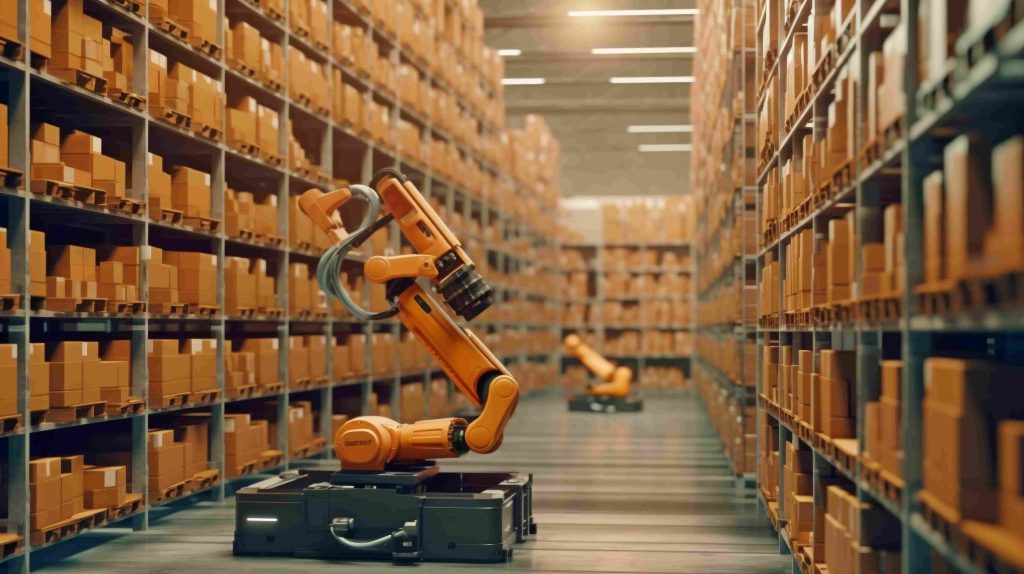
The Road Ahead: Future Prospects
Looking forward, the role of automated fulfillment centers in retail logistics is set to grow exponentially. As technology continues to advance, we can expect these centers to become even more efficient and capable. Innovations such as drone delivery and advanced robotics could further revolutionize the way products are distributed, reducing delivery times to unprecedented levels.
Furthermore, the push towards sustainability in logistics is likely to shape the development of these centers. Advances in green technology and energy-efficient systems will not only reduce the environmental impact of retail logistics but also align with the growing consumer demand for sustainable practices.
Embrace the Future with Cargoline: Your Partner in Automated Fulfillment Solutions
As the landscape of retail logistics undergoes a transformative shift towards automated fulfillment centers, the implications for efficiency, speed, and scalability in retail distribution are profound. These centers are not merely a technological advancement; they are the bedrock of modern commerce, essential for any retailer aiming to thrive in the dynamic e-commerce arena. The journey ahead, filled with both challenges and innovations, presents an unparalleled opportunity to redefine the retail landscape. Embracing this evolution is no longer a mere option but a strategic necessity for staying ahead in the competitive e-commerce market.
At Cargoline, we recognize the critical role of automated fulfillment centers in shaping the future of retail logistics. Our expertise and service offerings extend beyond traditional logistics solutions, offering comprehensive support for integrating automated fulfillment processes into your business model. Whether you’re looking to optimize your existing operations or embark on the journey towards automation, our team is equipped with the knowledge and tools to guide you through this transition seamlessly.
Don’t let the complexities of transitioning to automated fulfillment hold you back. Contact a member of our team to learn more.
